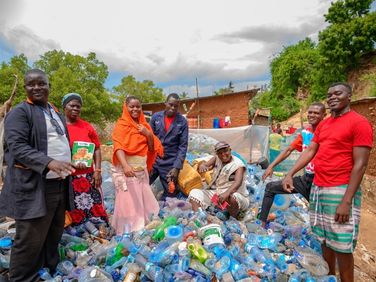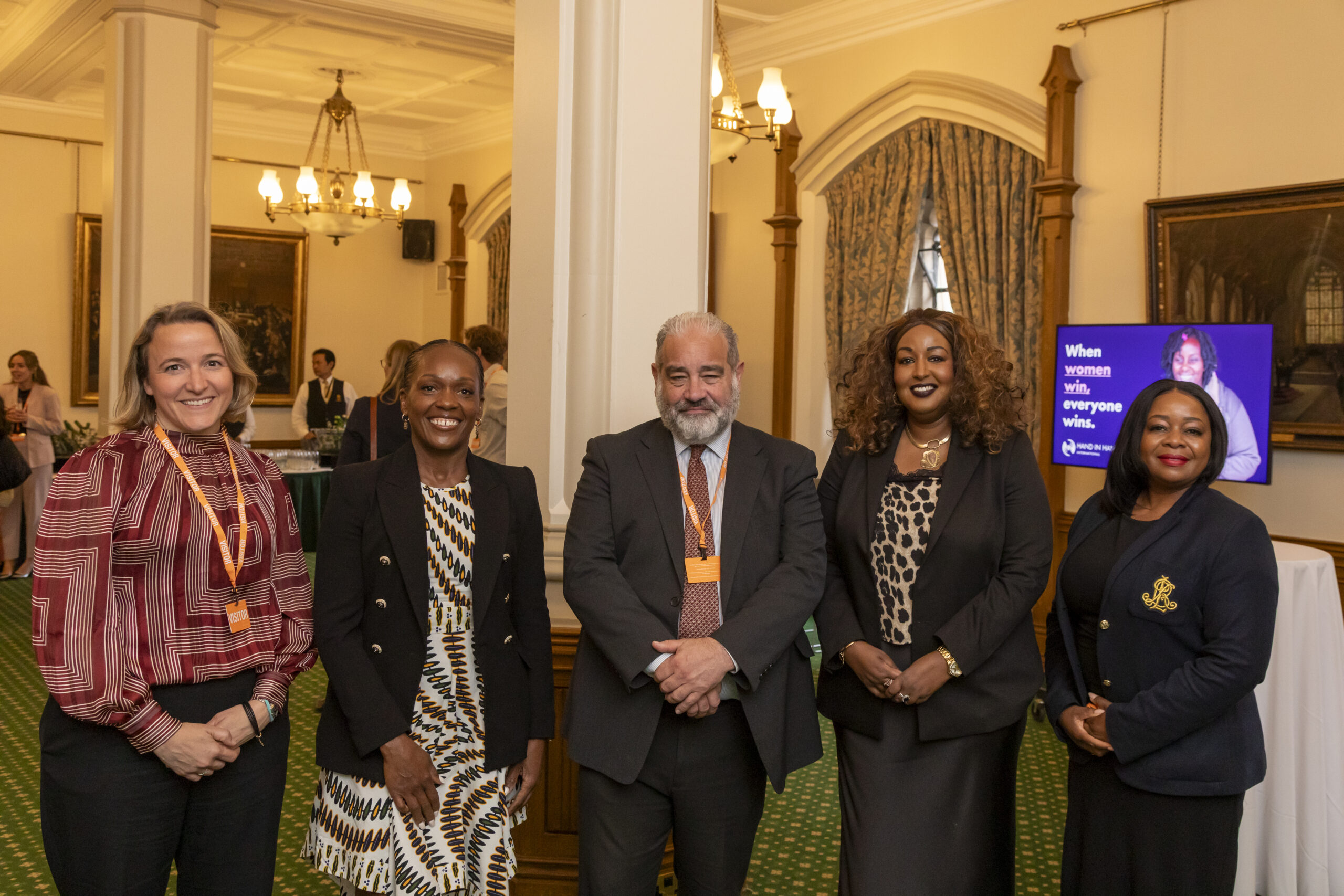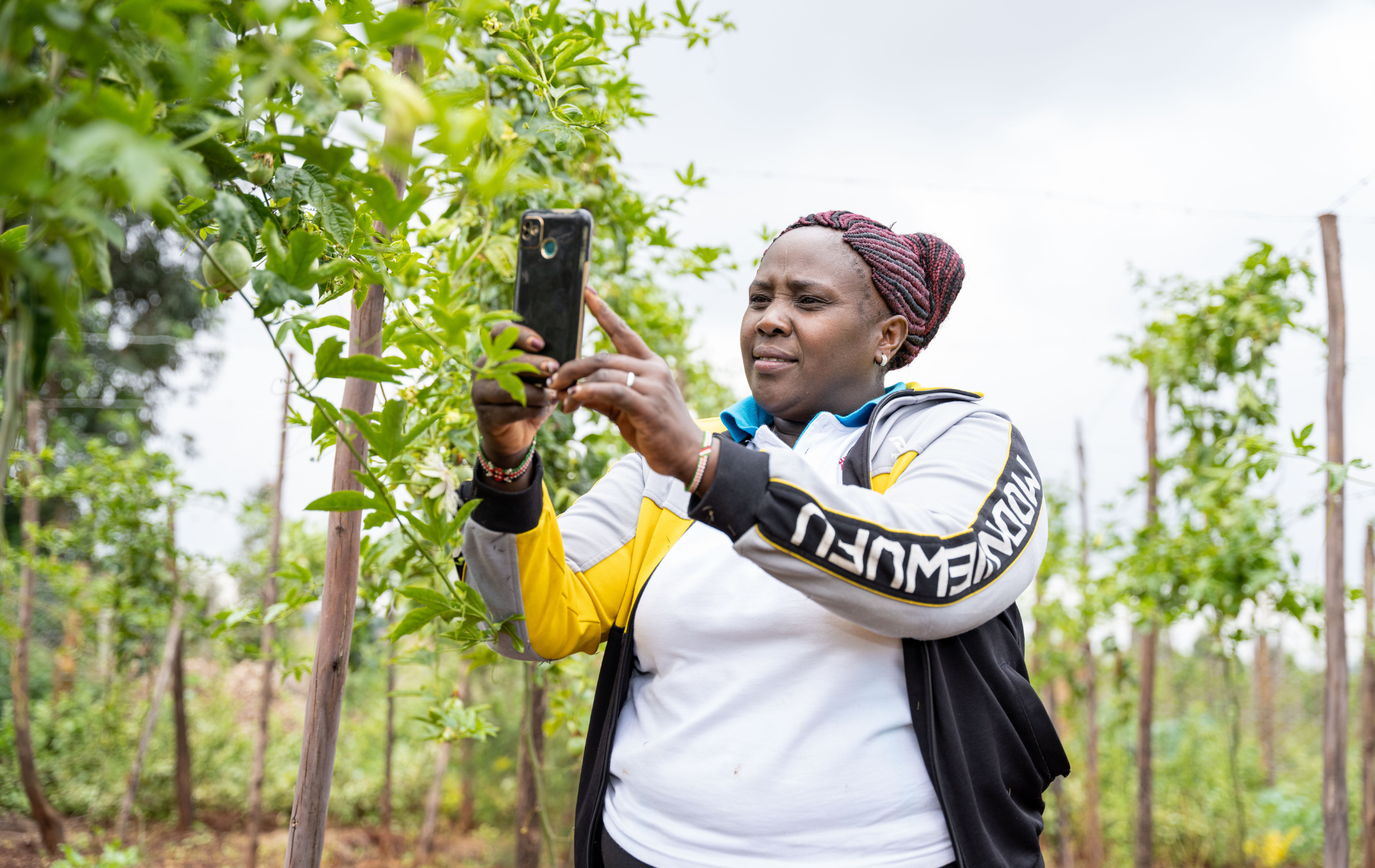Stories & blogs - Post

30
SepThe project will help create 525 micro recycling businesses over two years
Hand in Hand International is excited to announce The Coca-Cola Foundation has committed US $150,000 toward ‘Women in Waste’ a two-year project to help solve the plastic waste crisis and economically empower women in Nairobi, Kenya. The initiative will help create 525 micro-recycling businesses that will clear and recycle tonnes of plastic rubbish left on the streets of Nairobi’s informal settlements.
Hand in Hand will give 750 people (who, on average live on US $2 per day) the business and technical training they need to create or, in some cases, enhance their recycling businesses. With Hand in Hand’s help these waste entrepreneurs will have access to the credit they need to begin collecting, sorting as well as compressing and baling plastic waste to sell on to private and government waste contractors.
Importantly, 80 percent of those 750 people will be women. But, it’s not just about economic equality. We know that when women earn – and decide how they spend it – it reduces poverty for everyone. More children in school, and more families with access to healthcare.
Dorothea Arndt, Hand in Hand International CEO, said, “Programs that improve the world we live in and empower wonderful and inspiring women are the lifeblood of what we do. Like The Coca-Cola Foundation, we hold empowering women at our core.”
The Coca-Cola Foundation’s partnership with Hand in Hand is just one of the ways the Foundation is working to empower women across the globe. By the time the project completes in September 2024, the 525 waste enterprises will support hundreds of jobs which, based on similar programs operated by Hand in Hand in Nairobi, could increase daily incomes by 30 percent.
Saadia Madsbjerg, President of The Coca-Cola Foundation, said, “We are proud to use our resources to fund these types of programs. Since 1984, The Coca-Cola Foundation has committed itself to supporting sustainable community programs. With this particular program, 80% of the beneficiaries of this grant will be women, who will have a better chance at improving their livelihoods. As such, we will not only have a cleaner Nairobi, but we will also have a more economically empowered one, with more women actively making a positive difference in their settlements and communities.”
Nairobi’s informal settlements are home to some 2.5 million people (60% of the city’s population). Because these are informal settlements there is no infrastructure and rubbish from all over the city is dumped on their streets.
Nicole, Hand in Hand graduate and plastic recycling entrepreneur, Nairobi, said: “We realized there was no garbage holding site…and the garbage collectors were not doing their work. We decided to do something (about the garbage) that will also benefit the community.”




